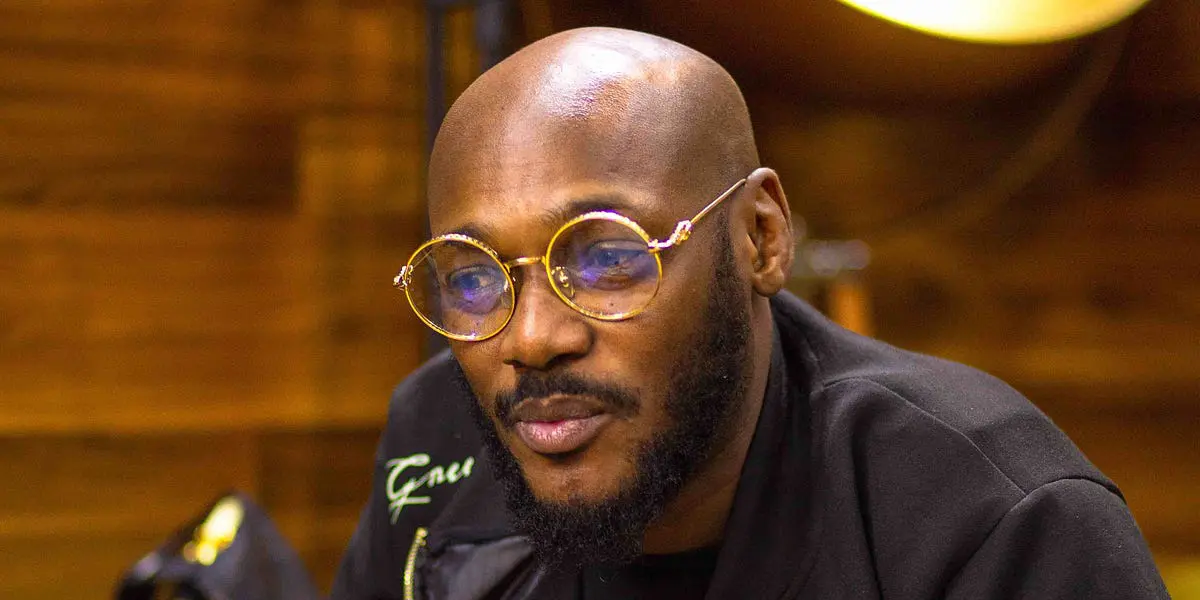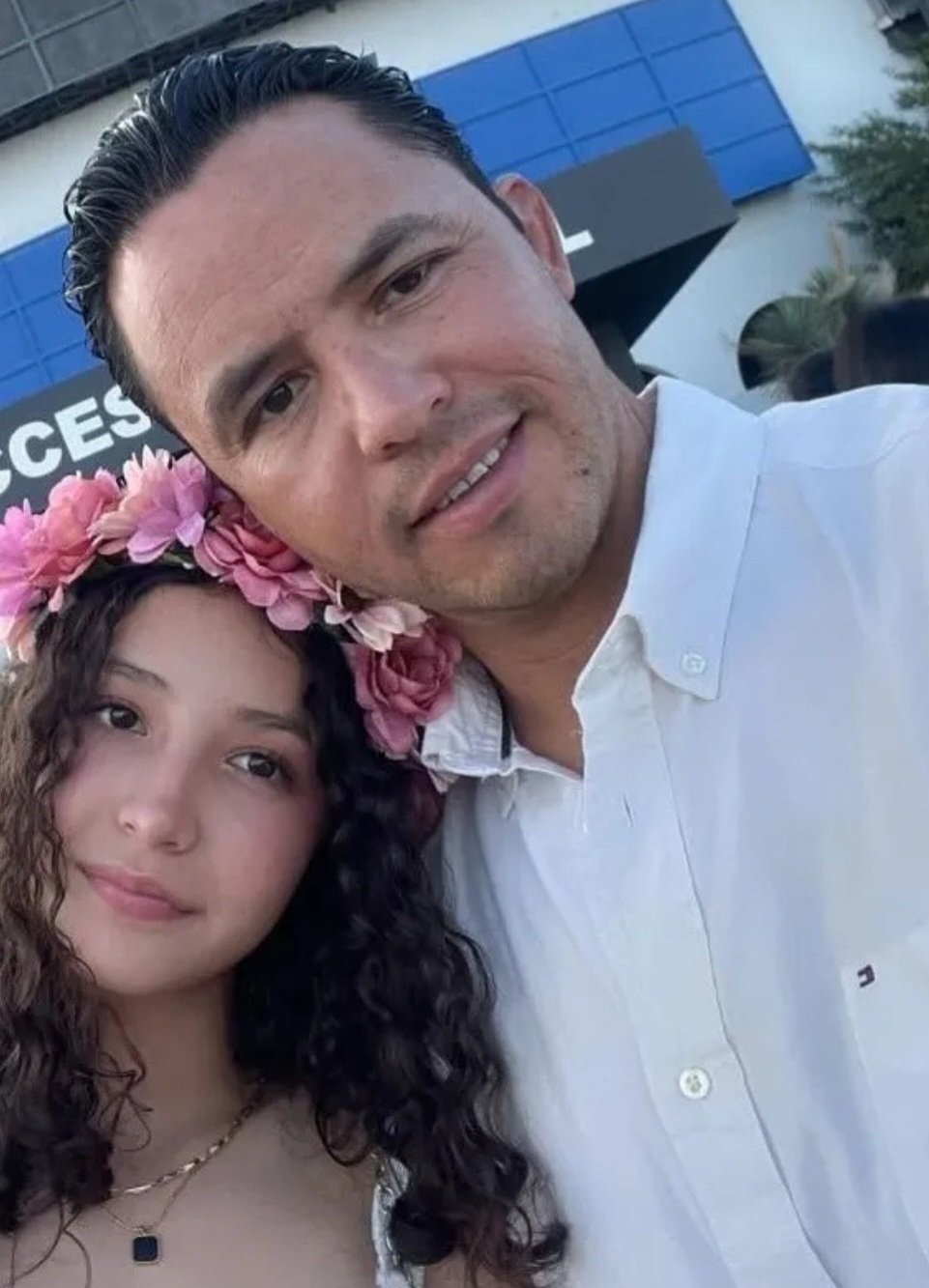Jad Tarifi, the former Google executive who founded the tech giant’s first generative-AI team, has raised concerns that traditional degrees, such as Law and Medicine, may no longer be worth the investment of time and money.
According to Tarifi, higher education is “on the verge of becoming obsolete” as artificial intelligence rapidly transforms industries. Speaking to Business Insider and Fortune, he cautioned Gen Z students against assuming that advanced degrees are still a guaranteed pathway to success.
“AI itself is going to be gone by the time you finish a PhD. Even things like applying AI to robotics will be solved by then,” Tarifi warned.
Degrees Losing Their Value in the Age of AI
Tarifi, who earned his PhD in AI in 2012 when the field was still in its infancy, argues that undergraduate degrees have already lost much of their advantage. Many students are now pursuing advanced studies, hoping for higher-paying roles. But, he says, even doctoral programs may not hold the same value they once did.
“Even studying to become a medical doctor or lawyer may not be worth the time anymore,” he explained, noting that these degrees often take years to complete while AI capabilities are advancing at an exponential pace.
“In the current medical system, what you learn in medical school is so outdated and based on memorization,” Tarifi told Business Insider.
Instead of chasing credentials, Tarifi believes the future belongs to those who cultivate emotional intelligence, adaptability, and human connection—skills that AI cannot replace.
“Thriving in the future will come not from collecting credentials but from cultivating unique perspectives, agency, emotional awareness, and strong human bonds. I encourage young people to focus on two things: the art of connecting deeply with others, and the inner work of connecting with themselves,” Tarifi said.
Tech Leaders Echo Concerns About Higher Education
Tarifi’s concerns echo a broader debate among global tech leaders about the relevance of higher education.
Meta CEO Mark Zuckerberg, in a recent podcast, questioned whether colleges are preparing graduates for today’s job market.
“I’m not sure that college is preparing people for the jobs that they need to have today,” Zuckerberg said. “It’s sort of been this taboo thing to say, ‘Maybe not everyone needs to go to college.’”
OpenAI CEO Sam Altman also highlighted the growing capabilities of AI systems, noting that GPT-5 can already perform like a PhD-level expert across multiple subjects.
“GPT-5 really feels like talking to a PhD-level expert in any topic,” Altman said. “Something like GPT-5 would be pretty much unimaginable in any other time in history.”
Even Microsoft co-founder Bill Gates has admitted that the pace of AI innovation is faster than he anticipated, further fueling questions about the future of traditional learning paths.
What This Means for Students and the Workforce
While Law and Medicine have long been considered secure, prestigious career paths, Tarifi and other experts suggest that students may need to rethink their strategies. With AI evolving faster than universities can update their curricula, investing years into degrees that may be outdated by graduation could mean wasted opportunities.
Instead, Tarifi recommends focusing on interdisciplinary learning, niche fields tied to AI (such as AI in biology), and developing distinctly human skills that machines cannot replicate.
As the AI revolution accelerates, the debate continues: Are traditional degrees in Law and Medicine still worth it—or are they becoming relics of a pre-AI era?


















